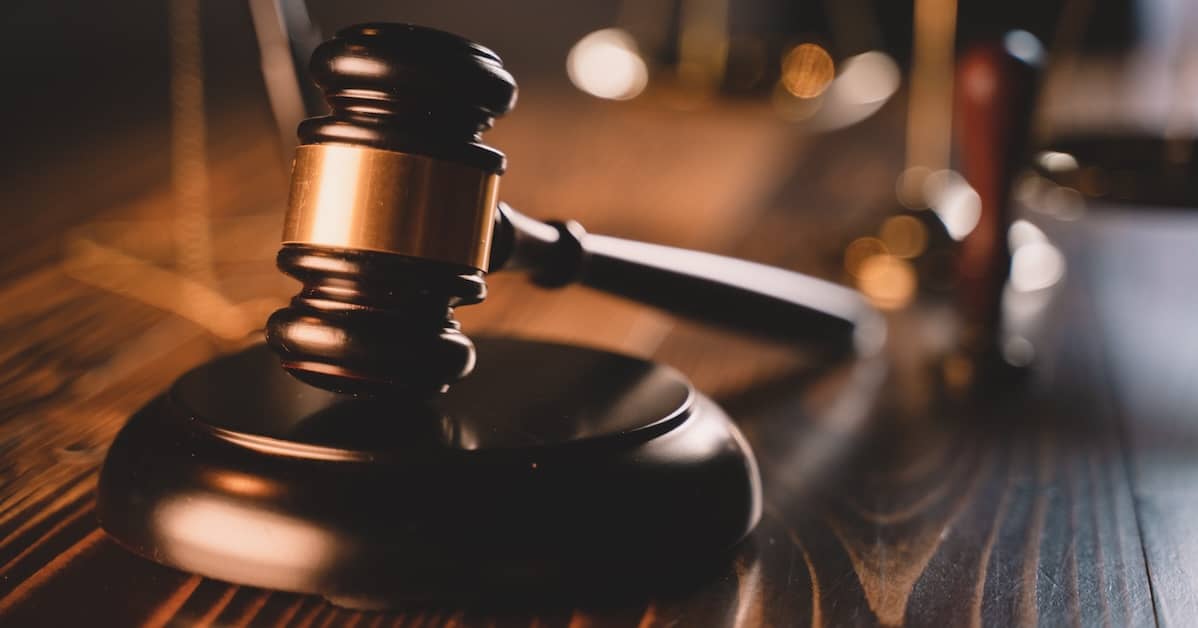
When you are injured in an accident, it can be difficult to know how best to seek compensation even under the most ideal of circumstances. The process becomes even more complex when the person who caused the accident is no longer alive. How can you seek compensation when the person responsible for your injury is deceased?
At Fuller & Fuller, Attorneys PLLC, we specialize in handling complex legal cases, including those involving a liable party who has passed. With our deep understanding of Washington’s legal system and our unyielding commitment to helping victims of serious injury seek justice, we are here to guide you through the process of seeking fair and full compensation.
To schedule a FREE consultation at our Tacoma or Olympia office, call Fuller & Fuller at (800) 570-4878 right away. Our experienced personal injury lawyers are here to listen to your story and provide straightforward advice on the best way to obtain the compensation you are due.
How Can I Seek Compensation When the Liable Party Has Passed?
In Washington State, if the person responsible for your injury has passed away, you can still seek compensation for injuries resulting from an accident they caused. However, the type of accident in which you were injured may play a role in how you proceed. For example, if your injury was the result of an auto accident, you may be able to seek compensation through a more traditional settlement or lawsuit against the liable party’s insurance company. This may be the case even if the liable party died in the accident that caused your injuries. For other types of accidents, things can become a bit more complicated.
When the person who caused your accident has died, especially when they have died without insurance, you may be entitled to seek compensation through a claim against their estate. In these situations, “estate” refers to all of the money, property, and assets a person has at the time of their death.
Seeking compensation from an estate is generally done through probate, the legal procedure through which a deceased person’s assets are distributed (see RCW 11.40). As part of this process, creditors, including those with personal injury claims, are allowed to present their claims against the estate to seek all or a portion of what is owed.
Steps In the Probate Process for Personal Injury Claims
Probate begins with the appointment of a personal representative for the deceased. This person can be named in a will or appointed by the court. The representative is responsible for managing the estate, including addressing any claims against it.
The personal representative of the estate is required to notify potential creditors of the probate. This notification typically includes publishing a notice in local newspapers—but may involve directly informing known creditors in a process known as “actual notice”. Depending on factors such as how far your claim against the decedent has progressed or if a claim has been filed at all, you may or may not be considered a creditor by the estate’s representative. This distinction will impact how long you have to pursue a claim against the estate (see RCW 11.40.051).
Timelines for filing a claim against an estate in Washington are influenced by:
- The Serving of Actual Notice. If the personal representative of the estate provided you with actual notice, the claim must be presented within 30 days after notice has been served or the date of its mailing.
- The Absence of Actual Notice. A “reasonably ascertainable creditor” is one that the estate’s representative should have discovered when exercising “reasonable diligence.” For reasonably ascertainable creditors, any claims against the estate must be presented within 24 months after the decedent’s death. If a creditor is not reasonably ascertainable, the claim must be presented within four months after the first publication of the notice.
- The Failure to Provide Notice. If the estate doesn’t provide notice, the claim must be presented within 24 months of the decedent’s passing.
Once a claim is filed, the personal representative is responsible for reviewing it. They may accept or reject the claim based on the estate’s other liabilities along with their assessment of the claim’s validity.
Accepted claims are paid from the estate’s assets. If your claim is rejected, you have the option to petition the probate court for a resolution. The court then decides whether the estate is liable for the claim and the amount to be paid. It’s important to understand that the ability of an estate to pay out claims depends on its available assets. If the estate is insolvent, it may not be possible to recover the full amount of your claim.
How Can Fuller & Fuller Help?
At Fuller & Fuller, we recognize the emotional complexities involved in dealing with a case where the liable party has passed away, especially when the at-fault party was a friend or family member. Attorney Marya Fuller approaches each case with the sensitivity it deserves, helping to ensure your comfort throughout the legal process. We are dedicated to helping you understand your rights and options, and guiding you toward the most suitable path for recovery.
Our firm has decades of experience dealing with the complexities of the probate process. We are prepared to assist with all aspects of your case, including making sure your claim meets the specific procedural and timing requirements outlined by Washington State law.
Understanding that each case is unique, our approach is tailored to the specific circumstances of your claim, taking into consideration the details of the accident, the nature of the estate, and applicable legal provisions. Our goal is to ensure that you receive the full compensation you deserve through a comprehensive assessment of the estate’s assets, as well as a full exploration of additional avenues for claim satisfaction.
When you sustain a serious injury, your focus should be on healing, not trying to fight for fair compensation. Fuller & Fuller is here to protect your best interests while pursuing compensation through all available resources. We offer peace of mind and the confidence of knowing your claim is being handled swiftly and professionally, allowing you to take the time you need to recover physically and emotionally from the consequences of your injury.
Contact Us Today for Your Complimentary Case Review
If you have been injured in an accident caused by someone who is now deceased, time is of the essence. Don’t hesitate to contact Fuller & Fuller right away for a complimentary case review. We serve clients living throughout the Puget Sound area from our offices in Tacoma and Olympia.






